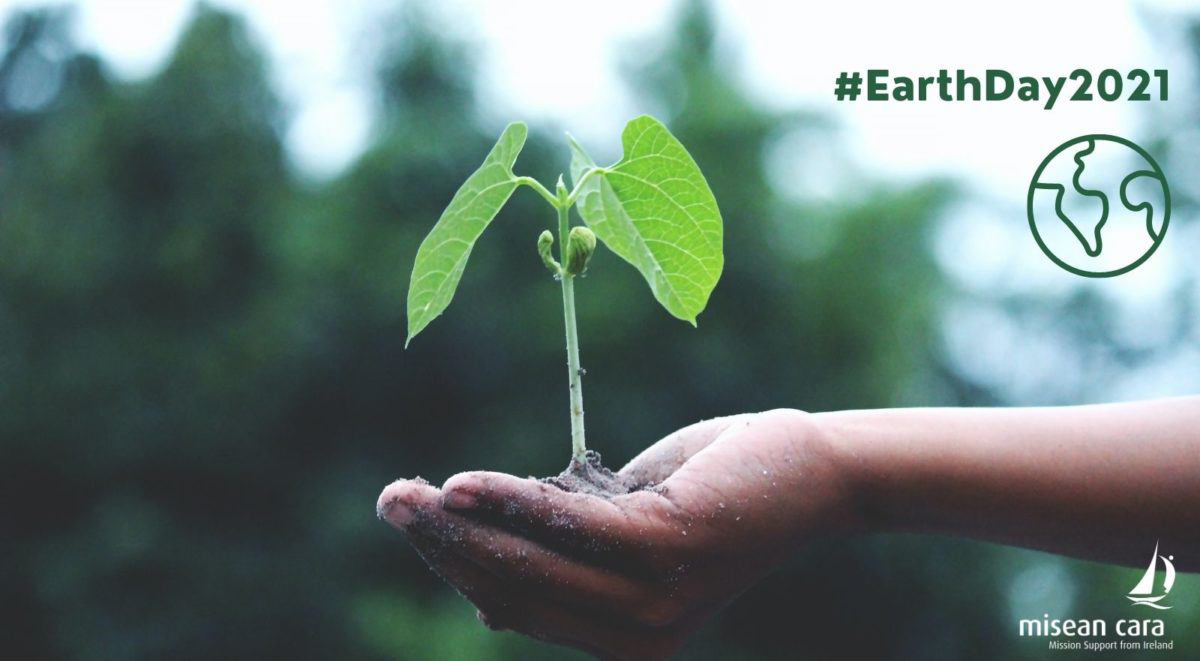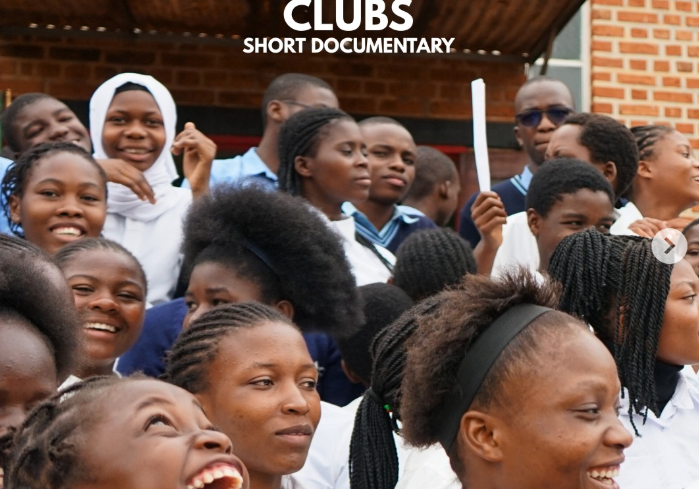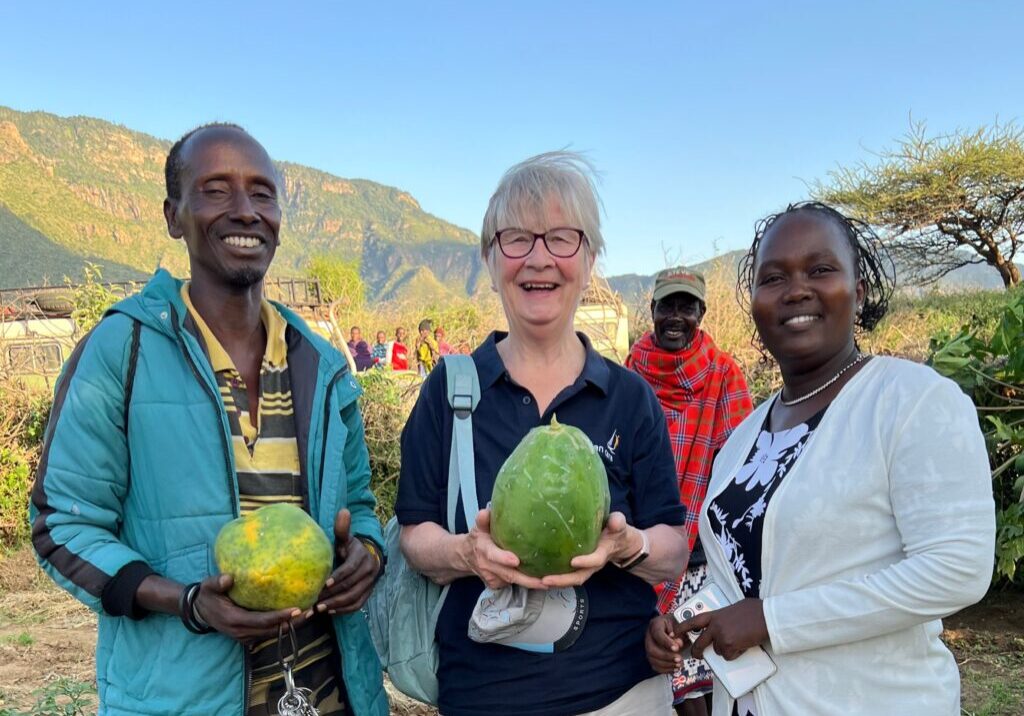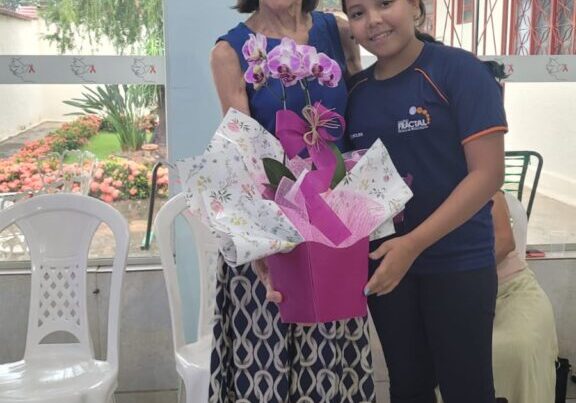
The NGO Committee on Financing for Development presented and discussed the findings of Misean Cara-funded research on the grassroots experience of climate finance, among a few other issues, at a side event coinciding with the UN Financing for Development Forum on Thursday 15th April 2021.
The community-based research, across seven countries, was coordinated through the Salesians of Don Bosco (with support from Misean Cara’s 2019 Innovation Funding) and the NGO Committee for FfD. It gathered and analysed grassroots experiences of efforts to Strengthen Social Protection, Digital and Financial Inclusion, and Climate Finance in a Post-COVID-19 Era.
The side event hosted speakers from the UN Financing for Sustainable Development Office and NGO activists from among the seven research countries: India, Nepal, the Philippines, Haiti, Mexico, Senegal, and Kenya; as well as from the Salesians of Don Bosco Ireland and Misean Cara.
Misean Cara Human Rights and Advocacy Officer, Éamonn Casey, indicated how this type of research and event was important in bringing together evidence-based advocacy, grassroots voices and reality, and cross-organisational working to international attention, in relation to financing for sustainable development and tackling climate change.
The research, on which a full report will be released within weeks, is rooted in Addis Ababa Action Agenda and Paris Agreement commitments on sustainable development funding and climate financing, and it addresses how these commitments translate at the ground level in the experience of communities concerned.
A survey disseminated through NGO partners across the seven research countries measured access to key services in social protection, financial and digital inclusion, and climate finance; and how access to those services was affected by the COVID-19 pandemic.
The research found that communities’ access to climate and resilience initiatives had decreased drastically since the COVID-19 pandemic hit in all seven countries of interest, suggesting a worrying fragility in climate financing that does not augur well for implementation of the Paris Agreement.
The results around community access to social protection services varied widely from country to country, and across types of service, with a notable decrease in access to social security and insurance in The Philippines and Mexico.
Community access to financial and digital inclusion programmes and services has held up reasonably well across the research communities since COVID-19 hit. The use of mobile phones and mobile financing has proven effective at sustaining widespread access to financial services among the communities surveyed. Kenya, Mexico, and The Philippines had particular success in this area.
Contextualising the findings, the research found that the Addis Ababa Action Agenda and Paris Agreement mentioned important commitments around social protection, financial inclusion, and climate finance, but lacked benchmarks or enforcement mechanisms that would help ensure that such commitments translate to substantial change at grassroots level.
While the research report has not been finalised, it suggests the need to bolster social protection commitments and financing programmes; increase NGO and community awareness of services offered; to prioritise digital financial services as a key approach to increasing financial access for all; and to build greater resilience into climate action initiatives, and funding for them, so they remain a priority in the face of other systemic shocks.
These steps can help ensure continued progress towards achieving the Sustainable Development Goals as the world looks ahead to a post-pandemic era.
Thanks to Research Assistant Elsa Barron for her coordination and analysis of the grassroots surveys, and for capturing this account of the FFD Forum side event.


